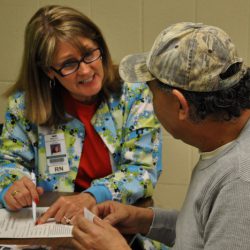“Ask Me 3” Study

Dates of Program
2013
Field of Work
A research study focused on the use of “Ask Me 3” and “Teach Back” methodologies to determine their impact on improving the health literacy of recently arrived Burmese refugees.
Problem Synopsis
The National Patient Safety Foundation in 2011 reported that as many as 78% of individuals recently discharged from an emergency room visit did not understand their diagnosis or discharge instructions. Populations, who are already struggling with basic communication skills, such as non-English speakers and refugees newly arrived in the U.S., are especially challenged to understand their own health conditions, diagnosis and discharge instruction. As many refugees arrive in the U.S. with untreated and complicated health conditions, it is important to improve their health literacy to empower them to lead successful lives in their new country. Health literacy skills are a stronger predictor of an individual’s health status than age, income, employment status, education level, or racial/ethnic group.
Synopsis of Work
The Foundation’s Project Connect Medical Interpretation & Health Navigation Program helped 2,300+ Burmese refugees/immigrants with limited English obtain 21,500+ units of service since it began in January of 2011. The goal of that program was not only to improve access, but also to improve the individuals’ ability to understand their health condition and treatment leading to improved health literacy, compliance with provider instructions, and the ability to self manage their own health. The Foundation staff worked with the Fort Wayne – Allen County Department of Health’s Burmese Refugee clients ages 18 and older who were diagnosed with one of four common medical conditions: TB, Vitamin D deficiency, B hominis and eosinophila. The targeted patients were newly-arrived refugees who received medical interpretation and health navigation services through the Foundation’s Project Connect Program. The clients were presented with the “Ask Me 3” and “Teach Back” methodologies during their initial and up to three follow up appointments. Clients were then asked a set of questions to determine if the interventions had improved their knowledge of their condition and treatment. Since the sampling size was small, no direct correlations could be made but many relevant observations were collected.
Primary Partners
- St. Joseph Community Health Foundation (Research Partner and Data Analysis)
- Fort Wayne-Allen County Health Department (Research Partner and Provided Client Participants)
- Lutheran Hospital Institutional Review Board (Approved Research Protocol)
- Fort Wayne Medical Education Program (Research & Scholarly Activity Assistance)
Key Results
- “Ask Me 3” and “Teach Back” are good tools which are easy to use, but by themselves may not be sufficient to increase patient engagement and improve understanding.
- Most newly arrived refugee patients have multiple medical problems and thus feel overwhelmed with the information they are presented during a visit.
- Cultural norms/issues may interfere with accurate communication between the health care provider and refugee patients.
- Literary issues may have greater impact on adherence to medical treatment as written material can not be provided or reminder notes taken.
Recent Stories
- Merry Christmas from the St. Joseph Community Health Foundation!
- St. Joe Foundation awards $2,652,998 to local agencies serving vulnerable individuals in Allen County, IN
- Prenatal & Infant Care Luncheon: a year of connection and learning
- Nourishing bodies and spirits: the impact of the Society of St. Vincent de Paul food and nutrition program
- Supporting sustainability in local food networks to improve access to nutritious food
